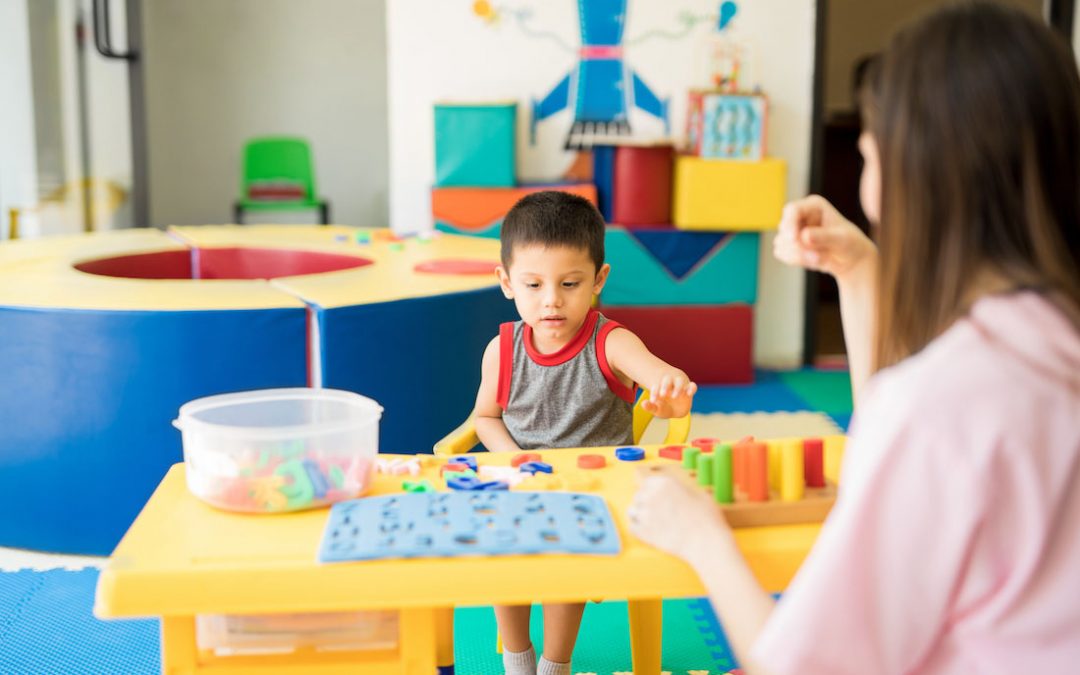


by OSM 2012 | Jan 19, 2021 | Uncategorized
“In the play therapy experience, toys are like the child’s words, and play is the child’s language.” (Garry Landreth) Children can have a lot of trouble adjusting to big changes in life, especially when the decisions are being made by adults. Kids need a way to sort...Some might present somatic issues, and experience changes in their appetite and sleep patterns. Others who struggle with depression have thoughts of death and suicide, and may even attempted suicide. The cause of depression is not entirely clear, but research points to genetic disposition in combination with biological, psychological, and environmental factors.
Depression is treatable, and shows better results when addressed early. Evidence-based Cognitive Behavioral Therapy is often used to treat depression. CBT focuses on changing client’s negative thought patterns, increasing the person’s social network, and working with the client on taking part in enjoyable experiences, and developing a healthy life style. Therapist often works in tandem with the client’s physician to determine if medication should also be part of the treatment.
Children who are victims of bullying also tend to have lower academic achievements and are at a higher risk for dropping out of school. As reported by the Center for disease control, children who are bullied have a higher risk for suicide-related behaviors, substance use, and other behavioral issues.
Cognitive Behavioral Therapy is one of the most research-based and widely used therapy methods for treating anxiety, depression, self-image, substance abuse, and suicide – all issues related to bullying. In therapy, the bullied child, learns to identify negative feelings (anger, sadness), self-defeating thoughts (“I’m worthless”), and maladaptive coping behaviors (social isolation). CBT teaches the individual how to dismantle unproductive thoughts about the self, and replace them with more positive ones. The purpose of CBT is to allow the individual to regain their self-confidence reclaim control over their lives.
Anxiety is as real and debilitating as any other physical conditions such as diabetes or heart disease. It is attributed to factors such genetics, brain chemistry, temperament, and life experiences. Treating anxiety depends on the type of client (i.e. adult, child) and the type of anxiety the person presents (i.e. General anxiety disorder, social anxiety, separation anxiety). Treatment of anxiety includes using Cognitive Behavioral (talk) Therapy, teaching the client various relaxation techniques, and gradually exposing the client to the feared situation.
Working with clients on becoming aware and recognize these negative thoughts and beliefs is the first step of CBT treatment.( This awareness is then followed by collaboratively working with the client to disprove these negative beliefs of the self, by finding evidences to the contrary. These evidences are often right in front of us, but we are unable to recognize them or we dismiss them with different excuses. This way of thinking, feeling and behaving traps the individual in a loop that they are unable to escape, resulting in feelings of helplessness, hopelessness, anxiety, and depression). Each session is followed by an action plan or homework assignment which allows the client can practice what they have learned in session, in real life situations. Combining talk therapy with real life application, reinforces long-term change, and helps the client regain their confidence in themselves
(Through open-ended pretend play, art, sensory activities (water, sand, play dough) literature, and music, we help children express their feelings, needs, and desires, at a time and level they are comfortable with ) Often times just being able to express themselves through play, resolves the issue. In other cases, it opens the door to working with the child on developing the appropriate skills and strengths to deal with their issue. When it comes to children, it is imperative to start treatment as soon as parents recognize that there is an issue. Early intervention prevents children from developing more serious mental health issues in the future.